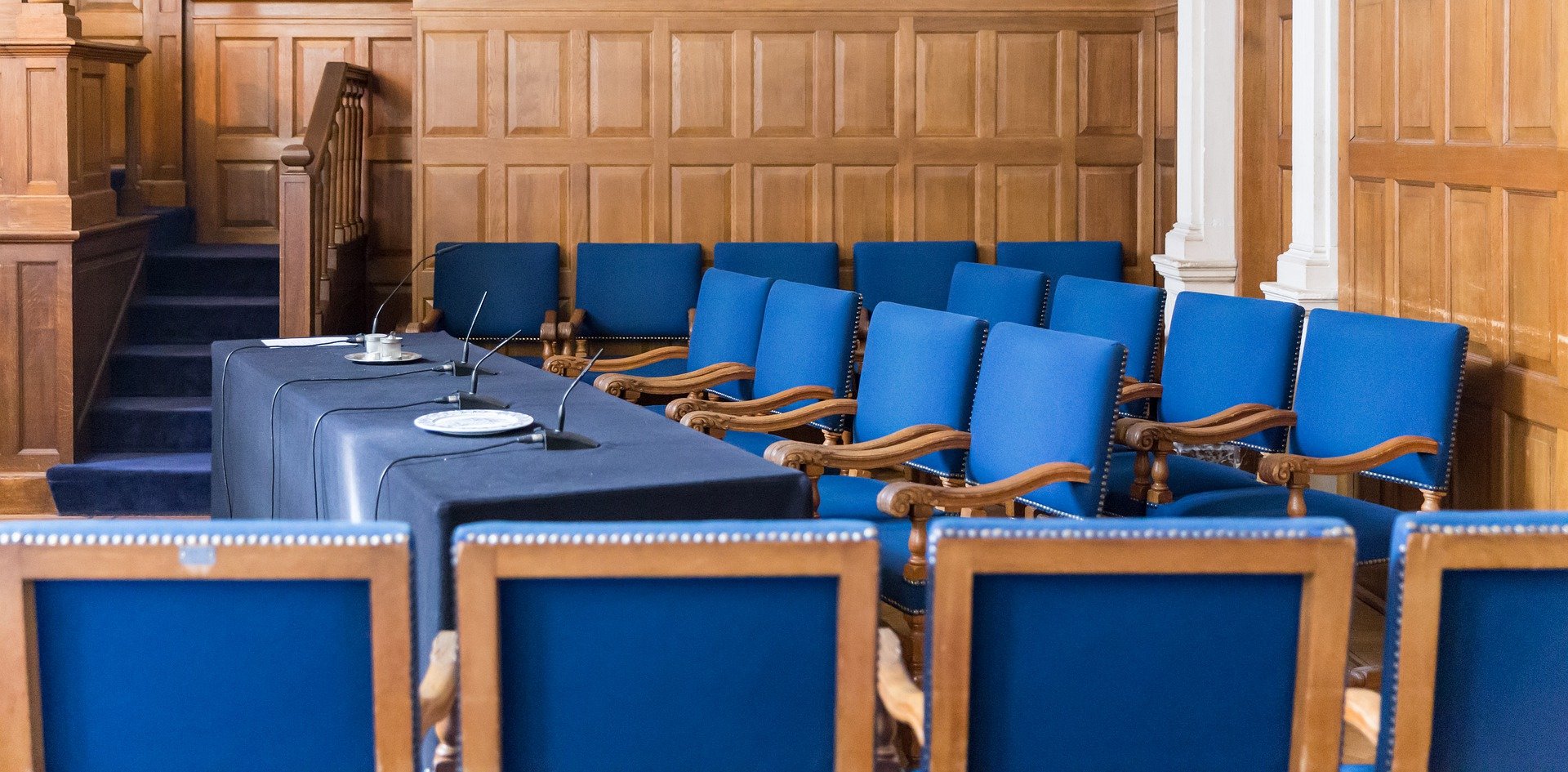
The trial court may not deem the right to a jury trial waived simply because the plaintiff failed to comply with local rules, like failing to submit trial binders.
That is the important point about waiver of the right to a jury trial in Amato v. Downs (D4d2 May 6, 2022 No. E075421) -- Cal.Rptr.3d ----, 2022 WL 1438723. The ways to waive jury are found in Code of Civil Procedure section 631 (e.g., failing to post fees, failing to appear, written or oral consent on the record), and they are exclusive.
And the related point is: the erroneous deprivation of the right to a jury trial is a structural error. On appeal, ordinary errors only get you halfway to reversal: you still have to show the error resulted in prejudice. Not so for structural errors. A structural error defies review for prejudice. How could anyone know a jury wouldn’t have given a different result?
So the erroneous denial of the right to jury was reversible perse.
But USD law professor and legal blogger Shaun Martin still thinks the Supreme Court should step in and reverse. Even though he agrees with the Court of Appeal opinion. Prof. Martin explains:
“The wrinkle here is this: At the bench trial, the trial judge granted a nonsuit based upon plaintiff's failure of proof. Now, as Justice Raphael notes, even though everyone calls it a nonsuit, that's not technically the right term; in bench trials, it's actually a Section 631.8 motion for judgment. But the concept is basically the same thing: plaintiff didn't put forward enough evidence, so defendant's entitled to prevail.
“Defendant's argument is thus, essentially, that even if there was error in depriving the plaintiff of his right to a jury trial (and, to be clear, it was), no blood, no foul, since he'd have lost anyway based upon his failure of proof. So go ahead and affirm the judgment.”
Prof. Martin agrees with the respondent that that’s the correct outcome. But he also agrees with Justice Raphael’s opinion because, under Supreme Court precedent in In re Estate of Robinson (1895) 106 Cal.493, 496, litigants’ right to jury trial is not waived “by their failure to present evidence sufficient to secure a judgment in their favor.” Prof. Martin thinks that holding, though binding on the Court of Appeal here, is wrong and that the Supreme Court should reverse it. If the plaintiff’s evidence isn't good enough, Prof. Martin reasons, “reversing and remanding for a new trial is a meaningless (and wasteful) act.”
I respectfully disagree with Prof. Martin. I disagree because, no, a ruling on a motion for judgment under section 631.8 does not tell us that the plaintiff’s evidence failed as a matter of law. A judgment under section 631.8 is a finding of fact. It is right in the statute: “The court as trier of the facts shall weigh the evidence….” (Code Civ. Proc. § 631.8.)
Prof. Martin’s analysis makes sense if we were talking about a nonsuit or a JNOV. But motions for judgment under section 631.8 are very different from nonsuits or JNOVs. Here are some of the differences:
Here, the judge granted the defendant’s motion for judgment. The only information that gives us is that this particular judge was not persuaded by the plaintiff’s evidence. But this is not the same thing as a finding that the plaintiff’s evidence failed as a matter of law.
If the trial court had granted nonsuit or JNOV, then I would agree with Prof. Martin. In fact, if the court had granted nonsuit, I do not think Estate of Robinson would apply, because a nonsuit is not based on a “failure to present evidence,” but a failure to make an adequate offer of proof on the necessary elements of the plaintiff’s claim.
So Prof. Martin and I agree that the Court of Appeal here got it right. But contra Prof. Martin, the Supreme Court should not grant review. The fact that the plaintiff could not persuade the judge does not mean it would be futile to afford him his constitutional right to try to persuade a jury.